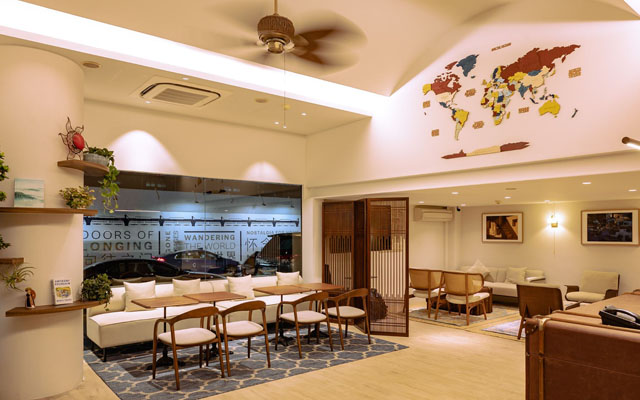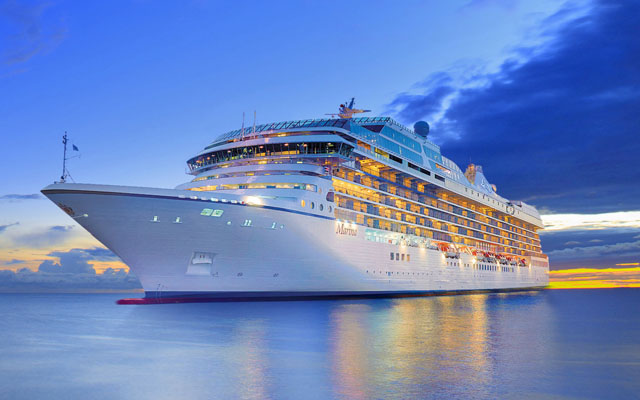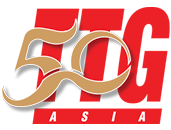Dynasty Travel, following its acquisition by Japan-based Travel Curators earlier this year, will move away from mass market tours with cookie-cutter itineraries and serve mass affluent travellers instead.
In an exclusive interview with TTG Asia, Teo Tianyi, founder of Travel Curators, said his ambition was to turn Dynasty Travel into the “Asian equivalent of Scott Dunn or Abercrombie & Kent”, with specialisation in small group tours.

Teo elaborated: “There is an opportunity for us to provide such luxury travel services to Asian clients, as (American and European travellers’ needs and preferences) differ from us Asians. The mass affluent and luxury segments (here) are underserved.”
When asked to differentiate between luxury and mass affluent traveller segments, Teo said the first often request bespoke services, fly first class or by private jet, and is generally made up of CEOs and high-net-worth individuals.
On the other hand, mass affluent travellers are those with substantial savings, fly premium economy or business class, and do not mind spending a little more on a special experience. They also are happy to travel with like-minded strangers.
Teo’s plan is to develop more intimate tours that boast unique experiences and take a maximum of 16 people, such as the company’s 19-day chartered expedition to Antarctica, South Georgia and the Falkland Islands in November 2023.
Calling the ship charter a “sizeable investment”, Teo said: “Anyone can book a cruise with any operator sailing to Antarctica, but on this chartered ship we (have the flexibility) to bring on board our own entertainment, or even Michelin-star sushi chefs.”
With Dynasty Travel’s new business focus, the agency will skip the upcoming NATAS Travel Fair, recognised as Singapore’s main travel event for consumer outbound bookings.
There are also plans to further digitise Dynasty Travel’s processes, which will contribute to sustainability. For example, rather than printing out brochures, itineraries can be sent to clients through an app and be easily updated.
For Teo, a Singaporean who lives and works in both Japan and Singapore and whose professional specialisation lies in private equity and investment, Dynasty Travel is his first travel agency investment. He acquired the agency in full during the pandemic when Delta infections were rampant.
“I had people questioning my intentions and thought I was crazy to buy. I felt it was a worthy investment because it’s a brand name that Singaporeans are familiar with, and is worth preserving,” he recalled.
“But there was a need to make it more contemporary, to ensure it remains relevant to older Singaporeans as well as attract younger ones. That is why we went through a rebranding exercise, introduced a new and updated logo, and removed Chinese characters on the logo to appeal to non-Chinese,” he continued.
With Dynasty Travel’s pre-existing business events department still active, Teo maintains interest in working with companies “that can invest more in their incentives or management retreats” to develop memorable experiences, as opposed to fighting for contracts with the cheapest quotation.
“I want to educate all of our clients by making sure they take away something beyond having a good time, and gain knowledge, insights, and perspectives that can broaden their horizons (while travelling),” he remarked.
For example, clients can visit a melon farm in Japan to learn why the farmer started the trade, what methods are used to perfect cultivation, and taste some of the pricey melons that Japan is known for. Teo said such travel experiences are engaging and meaningful, and support artisans in Japan that do not have successors.




















